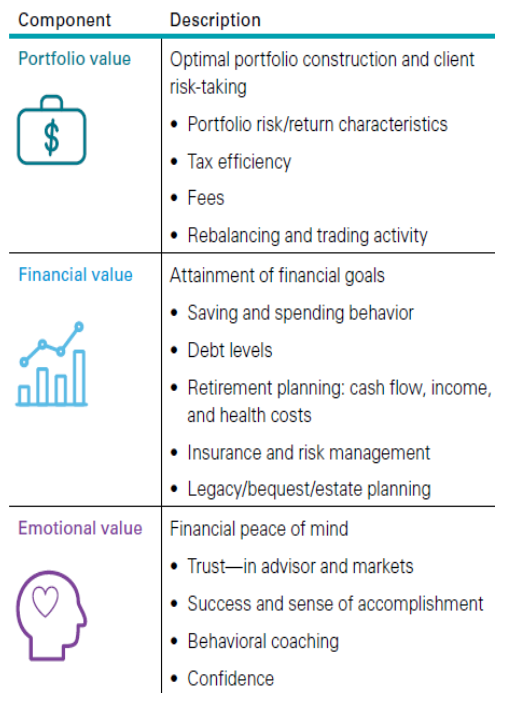Becoming Rich Is Not the Same Thing as Staying Rich
What does the term “rich” mean to you? Many of us are blessed with a great family, friends, good health and a lot of the things that make life worth living. But as a financial advisor, my job is to help people achieve financial prosperity and keep it throughout their lives. And that often means that the strategies they used to become “rich” in the monetary sense are not the same as the ones they need to stay that way.
Why Becoming and Staying Rich Are Different
Take the case of an entrepreneur. Starting a business is inherently risky. You typically have to commit your own capital or borrow it to get started. Then, as the boss, you depend on yourself for a paycheck. Successful business owners often find that they have become monetarily “rich,” but the majority of their net worth is tied up in the business. If the economy or a competitor hurts their business, they can lose it all.
We have met people who have had very successful careers climbing the corporate ladder. It’s not unusual to find that the successful executive is largely rewarded with company stock. But being part of a successful corporation doesn’t come with a guarantee that the stock will retain its value. Some of the best-known names in American industry have lost 50%, 75%, even 100% of their value over the last 50 years.
Both the business owner and the corporate executive become “rich” by focus and discipline. To avoid losing part – or all – of their wealth requires a change in emphasis. It means risk reduction via diversification. It means finding a financial advisor who can create a portfolio that is robust enough to reduce the risk that the economy, competitors or unforeseen events destroy the financial future they have worked so hard to build.
Conclusion
Of course, this also applies to those people who have benefited from a general run-up in the stock market and have achieved a measure of financial independence but who are now concerned about holding on to what they have. Be sure not to confuse luck with smart investing. The last decade has been good to all investors. It’s important to remain prudent and remember the first rule of making money is to not lose it.
Call us or use our contact page to find out how we can help you keep what you have worked so hard to get.










